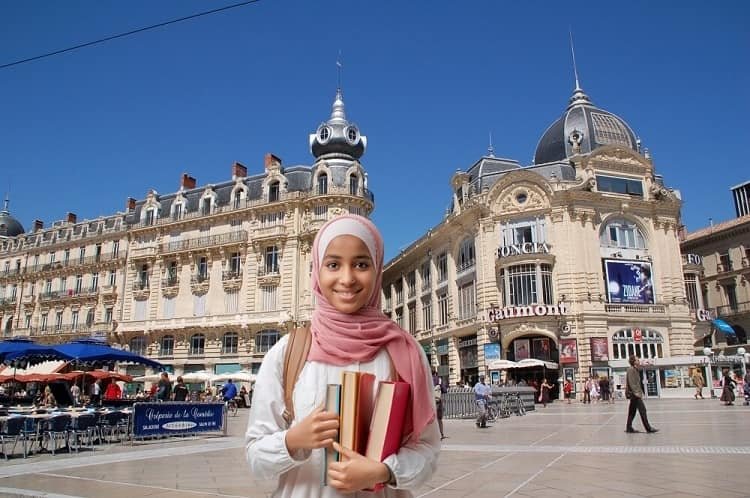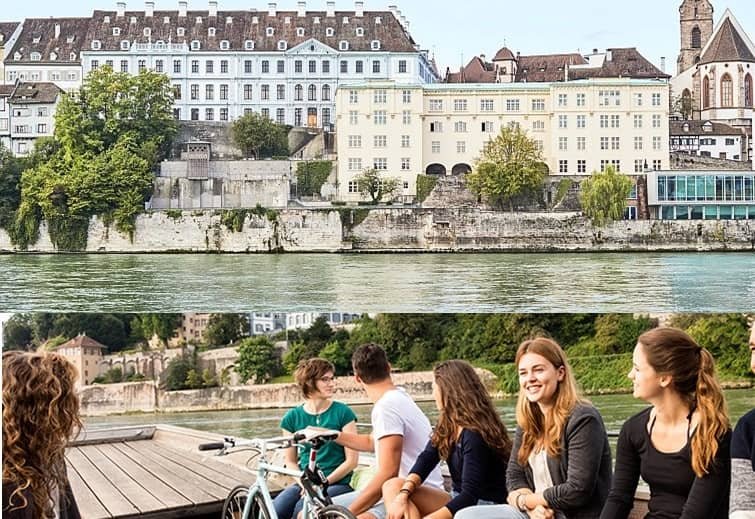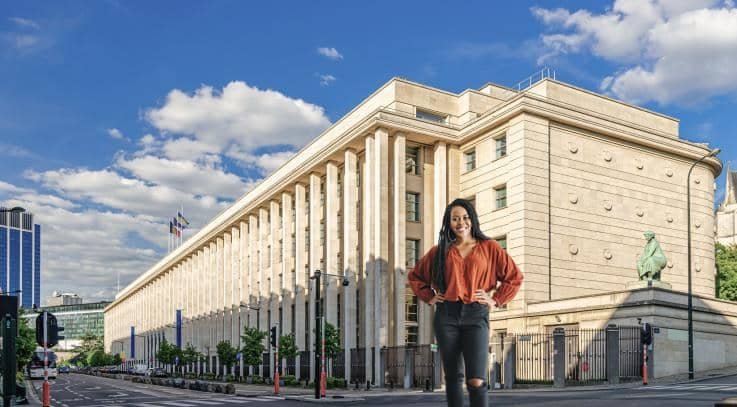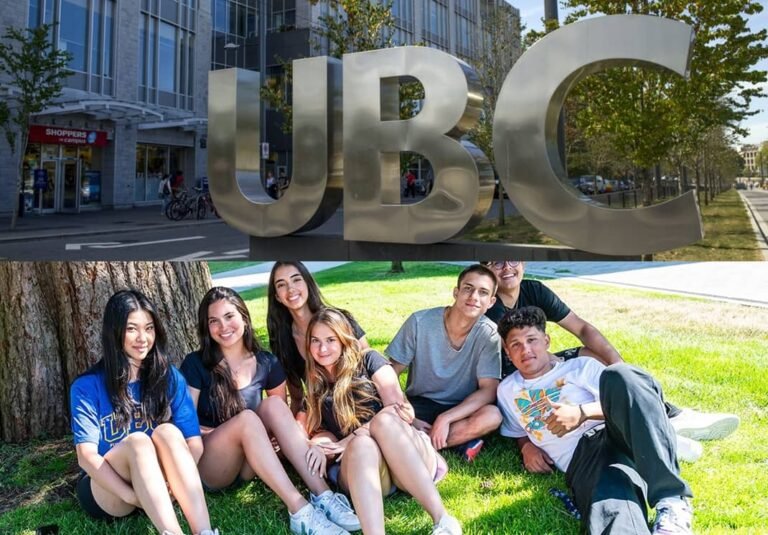The United Nations International Law Fellowship in the Netherlands offers a unique and invaluable opportunity for young legal professionals to deepen their understanding of international law and its impact on global governance. In an increasingly interconnected world, where international issues are becoming more complex, the need for legal experts skilled in global governance, human rights, and international treaties is rapidly growing. This prestigious fellowship, a collaboration between the United Nations and the Government of the Netherlands, allows emerging lawyers to immerse themselves in the nuances of international law, providing them with the essential tools to navigate and shape the future of global legal frameworks.
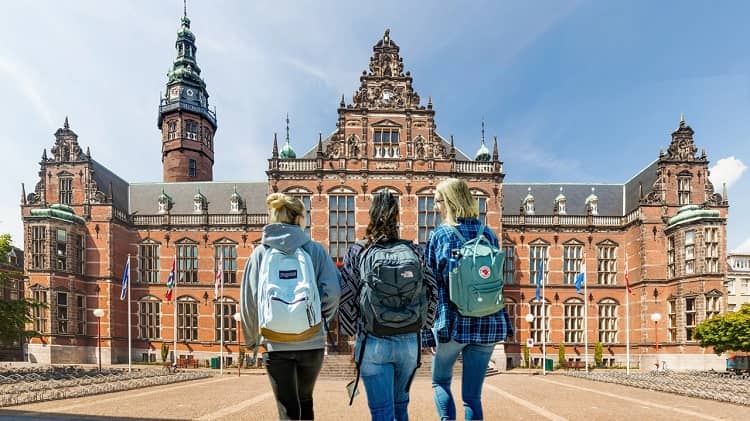
What is the United Nations International Law Fellowship?
The United Nations International Law Fellowship is designed to provide young professionals from developing countries with a deeper understanding of international law and its application in the context of global governance. Hosted annually at the International Court of Justice (ICJ) in The Hague, the fellowship seeks to build a diverse and competent generation of international law practitioners by offering them a comprehensive training program. The International Law Fellowship focuses on areas such as public international law, the work of the United Nations, international human rights law, the law of treaties, international humanitarian law, and the legal work carried out by various UN bodies.
The International Law Fellowship, which lasts for approximately three weeks, offers a unique combination of lectures, interactive discussions, and practical exposure to the work of international courts and tribunals. Fellows have the opportunity to learn from world-renowned legal experts, engage with practitioners, and visit key institutions in The Hague, such as the International Criminal Court (ICC), the International Court of Justice (ICJ), and the Permanent Court of Arbitration (PCA).
In addition to gaining a deeper understanding of the mechanics of international law, fellows are introduced to current challenges in the field, including issues related to conflict resolution, the protection of human rights, and the promotion of peace and security in a multilateral framework.
Key Features of the United Nations International Law Fellowship
The United Nations International Law Fellowship offers an enriching academic and professional experience. Here are some of the key benefits:
- Comprehensive Legal Training: The International Law Fellowship is structured to offer an in-depth exploration of international law’s various subfields. Fellows are exposed to different aspects of international law, including legal theory, practice, and case studies, all of which are designed to deepen their knowledge of the subject.
- Lectures by Experts: The fellowship’s educational curriculum is delivered by distinguished academics, judges, and legal professionals who have extensive experience in international law. Fellows will attend lectures, discussions, and seminars that cover a wide range of legal topics, each offering practical insights into how international law shapes global interactions.
- Exposure to Key International Legal Institutions: Fellows are granted access to some of the world’s most influential international institutions, including the ICJ and ICC. Through visits and interactive sessions with experts, fellows gain firsthand experience of how international law is practiced and applied in real-world scenarios.
- Networking Opportunities: The International Law Fellowship fosters networking among like-minded professionals and opens doors to future collaborations. Fellows have the opportunity to connect with peers, mentors, and experts in international law, forging relationships that can significantly impact their careers in the legal field.
- Support for Career Development: Fellows are provided with guidance on potential career paths in international law, including opportunities within the United Nations system, international courts, NGOs, and academic institutions. The fellowship serves as a stepping stone for legal professionals who wish to contribute meaningfully to the global legal community.
- Funding and Financial Support: The fellowship is fully funded by the Dutch Government, which covers the costs of travel, accommodation, and meals during the duration of the program. This generous financial support allows fellows to focus on the academic and professional development aspects of the fellowship without financial concerns.
Who Can Apply?
The United Nations International Law Fellowship is open to young legal professionals, typically from developing countries, who meet the following criteria:
Eligibility Criteria:
- Age and Professional Background: Applicants should be between the ages of 25 and 35 at the time of the fellowship. They should hold a law degree or equivalent and must have demonstrated an interest or professional experience in international law or a related field.
- Language Requirements: Applicants must be proficient in English, as the program is conducted in English. A good command of both written and spoken English is essential for active participation in discussions and understanding the curriculum.
- Geographical Representation: The fellowship is aimed at candidates from developing countries, particularly those who may not have regular access to advanced international legal training. The program seeks to create a diverse and representative group of fellows from various parts of the world, with priority given to candidates from countries where international law expertise is in short supply.
- Commitment to International Law: Ideal candidates are those who have shown a clear commitment to advancing international law, whether through their academic work, professional career, or active involvement in international legal issues. A proven interest in issues like peace, security, human rights, and international cooperation is highly valued.
Application Deadline: 26 February 2025
The application deadline for the United Nations International Law Fellowship is 26 February 2025. As the deadline is fast approaching, applicants are encouraged to begin preparing their documents early to ensure that they submit a complete and competitive application on time. Late submissions will not be considered, so it is important to adhere strictly to the timeline.
How to Apply for the United Nations International Law Fellowship
The application process for the United Nations International Law Fellowship is highly competitive, with many talented individuals vying for limited spots. Applicants are required to follow a set procedure and submit specific documents to ensure that their applications are considered.
Application Process:
- Prepare the Required Documents: The application form must be submitted along with the following documents:
- A copy of your law degree (or equivalent)
- Curriculum Vitae (CV)
- A letter of motivation explaining your interest in the fellowship and how it aligns with your professional goals
- A recommendation letter from a relevant professional or academic reference
- Proof of English proficiency (e.g., TOEFL or IELTS scores, or documentation from an institution confirming language proficiency)
- Submit Your Application: Applications must be submitted through the official United Nations website or the specific portal set up for the fellowship. The United Nations and the Dutch Ministry of Foreign Affairs manage the selection process, so be sure to follow all instructions carefully.
- Shortlisting and Interview: After the application deadline, a selection committee will review all applications. Shortlisted candidates may be invited to attend an interview, either in person or via video conference. During the interview, candidates will be asked to elaborate on their background, motivation, and potential contributions to the field of international law.
- Final Selection: Successful applicants will be notified of their selection, and they will be provided with the necessary information regarding travel, accommodation, and the fellowship schedule.
Conclusion
The UnUnited Nations International Law Fellowshipship represents an extraordinary opportunity for young legal professionals to gain valuable insight into the world of international law. With its rich educational curriculum, exposure to world-class legal institutions, and the opportunity to connect with experts in the field, this fellowship provides a solid foundation for aspiring international lawyers who wish to make a meaningful impact on global legal frameworks.
For those passionate about contributing to global governance, human rights, and international peace, the fellowship offers a gateway to an exciting and fulfilling career in international law. Don’t miss out on this remarkable opportunity—ensure you submit your application by 26 February 2025, and take the first step towards becoming part of a dynamic international legal community.
More Scholarships:
Fully Funded Harvard University MBA Scholarship in the USA
University of Amsterdam Merit Scholarships for International Students, Netherlands
Bilkent University Scholarships for International Students
University of Passau Scholarships for International PhD Students in Germany

